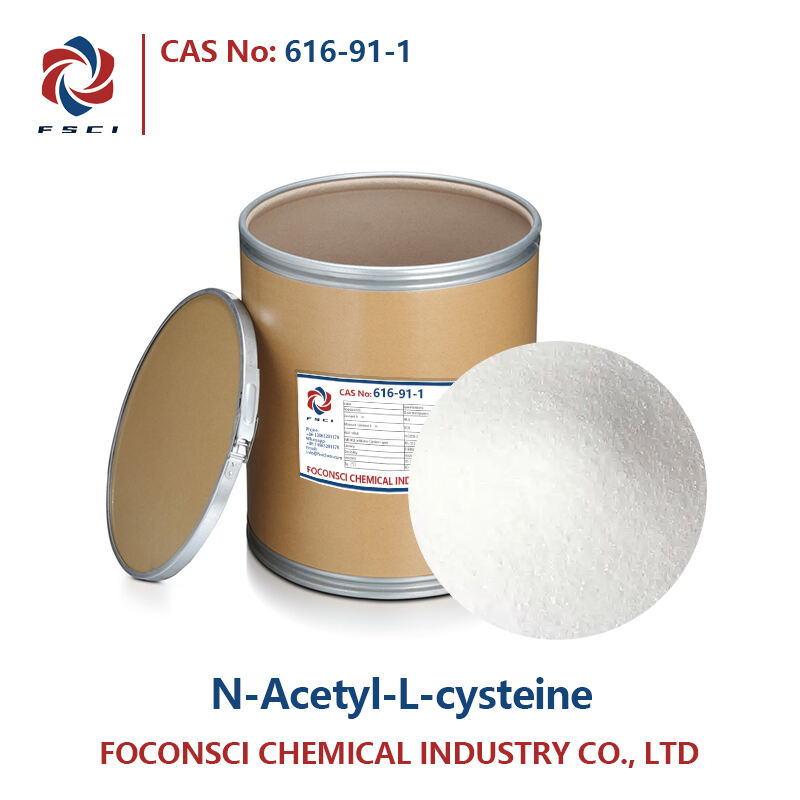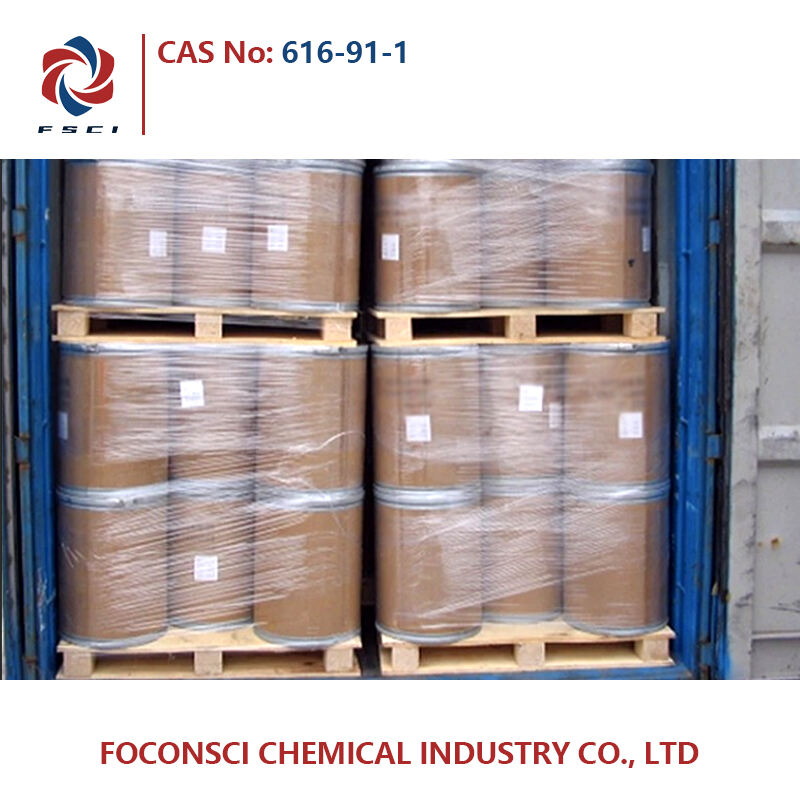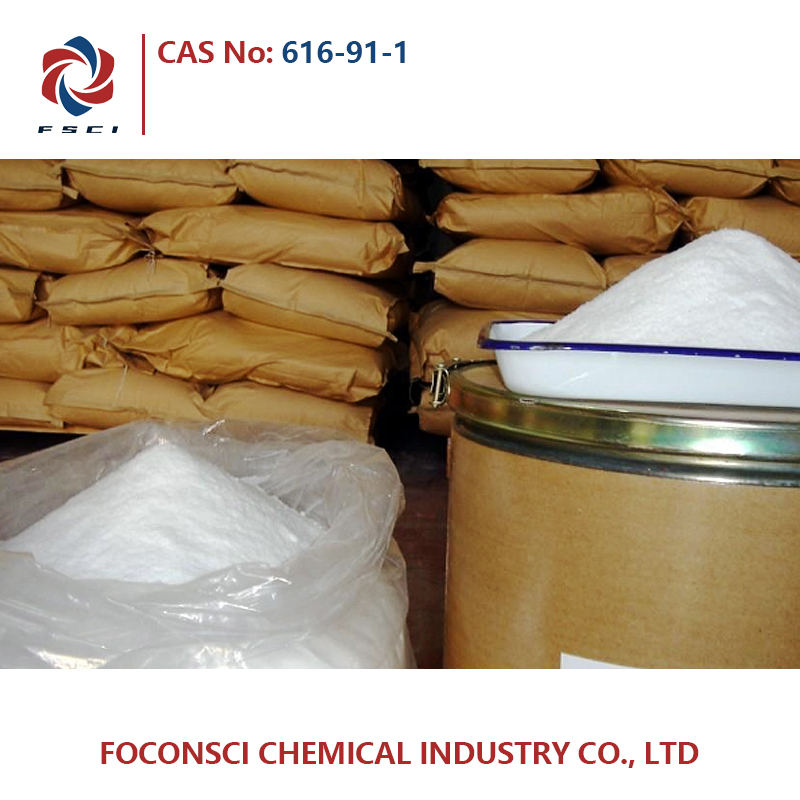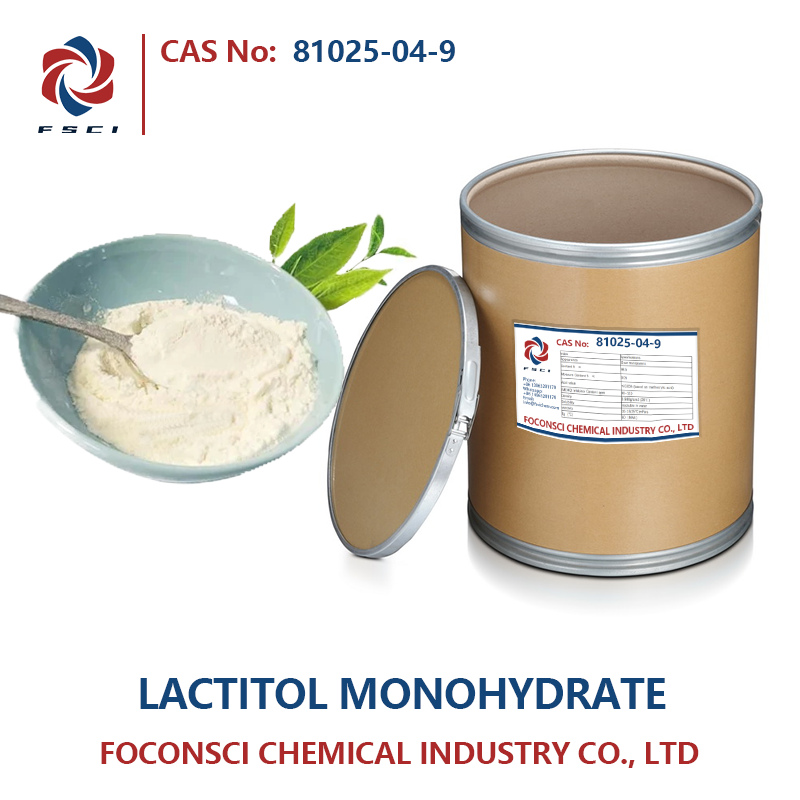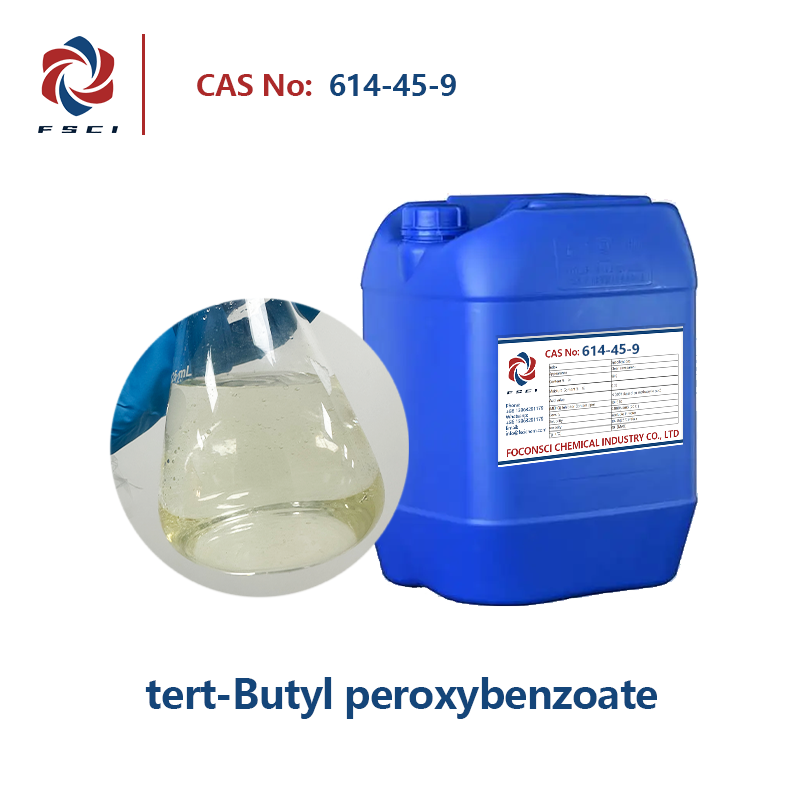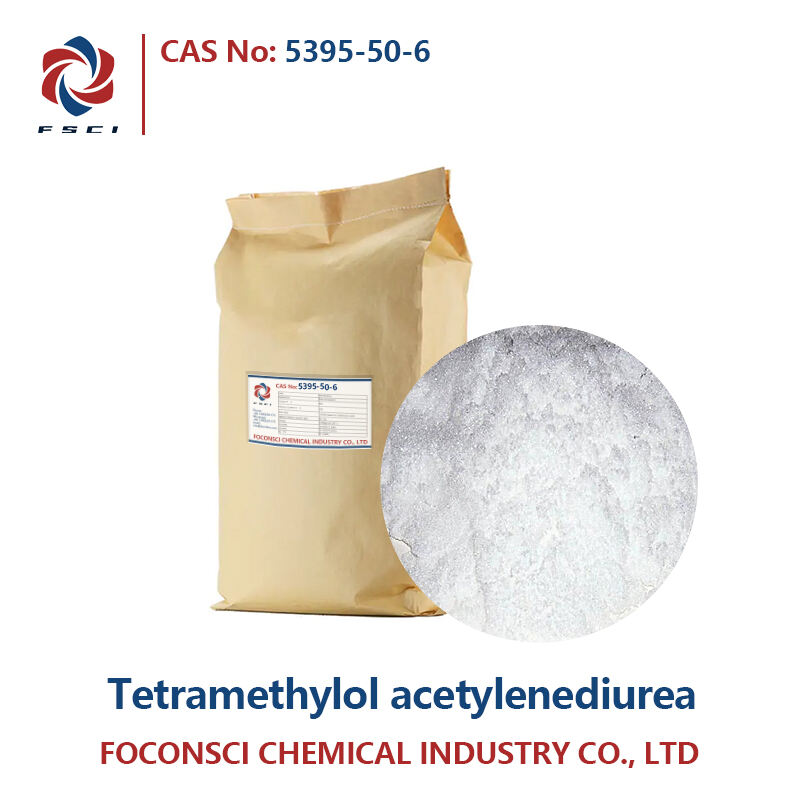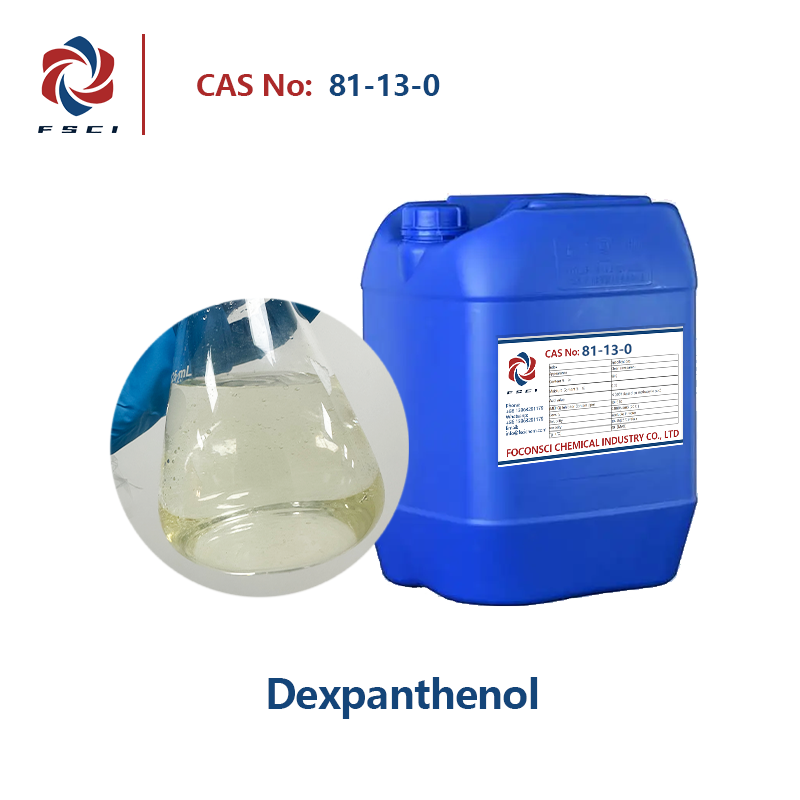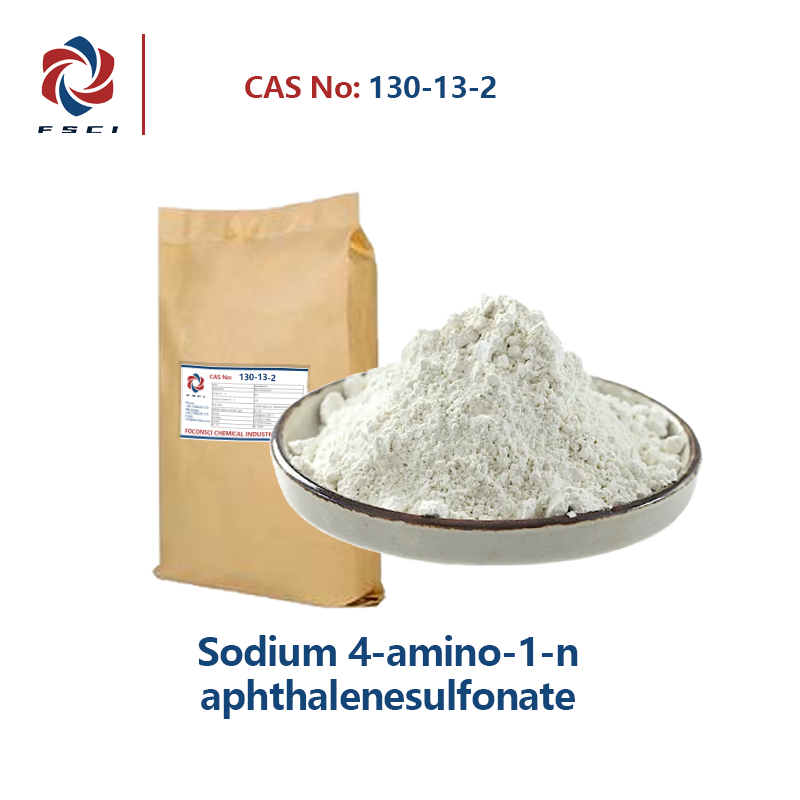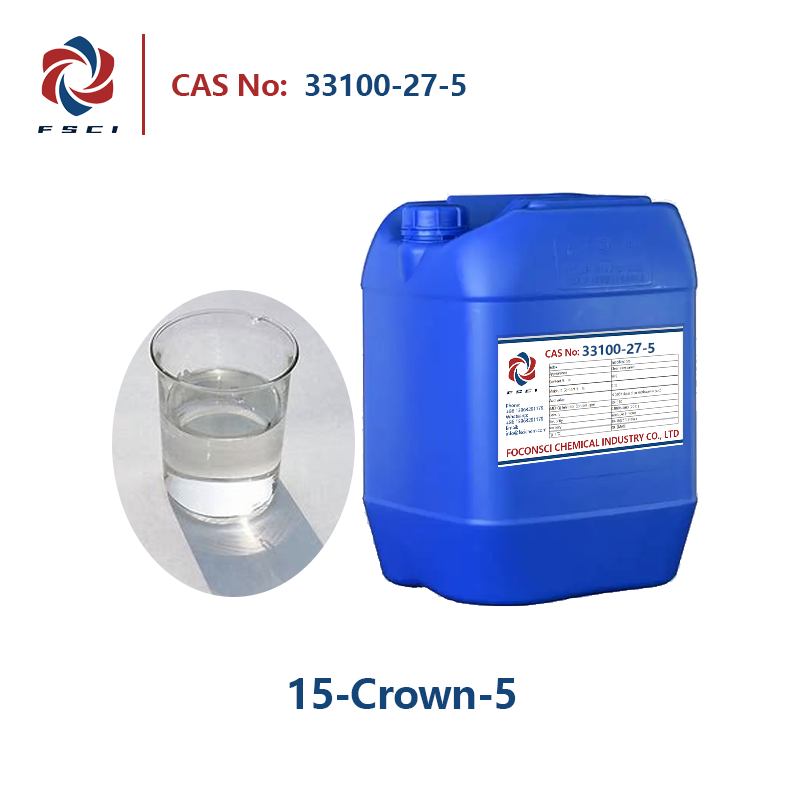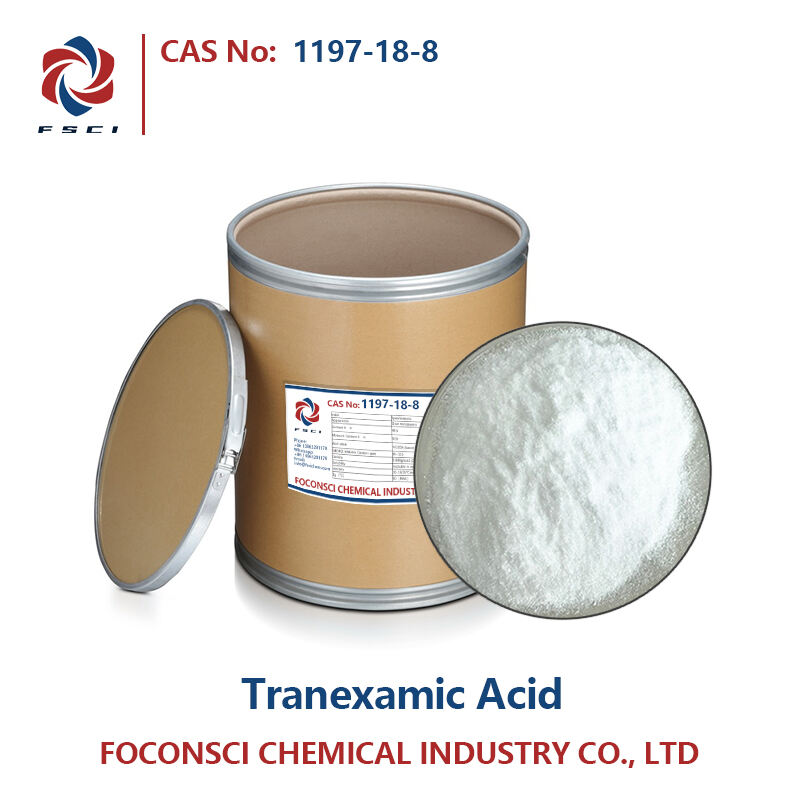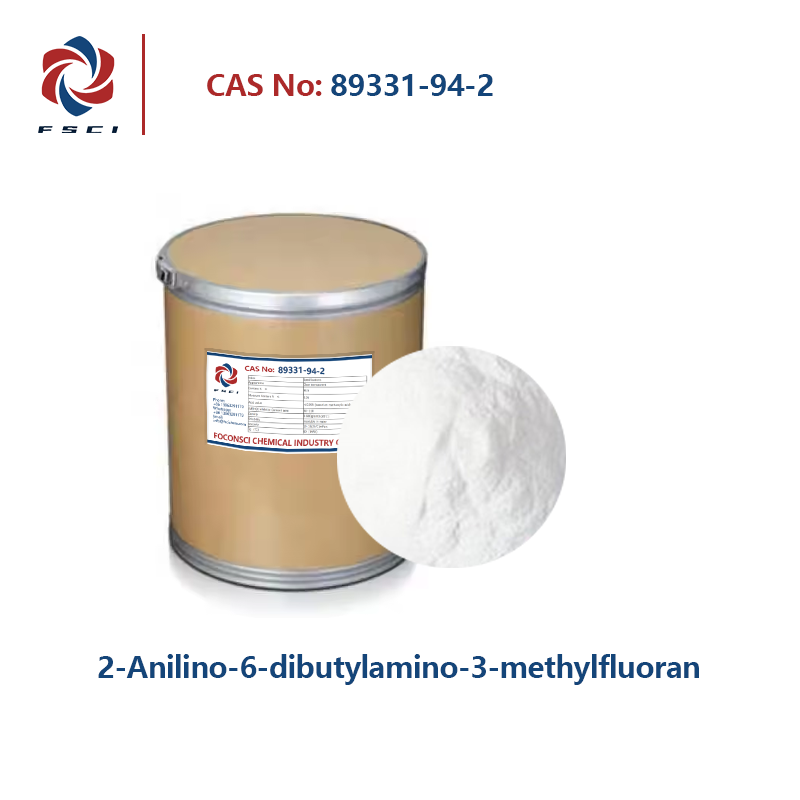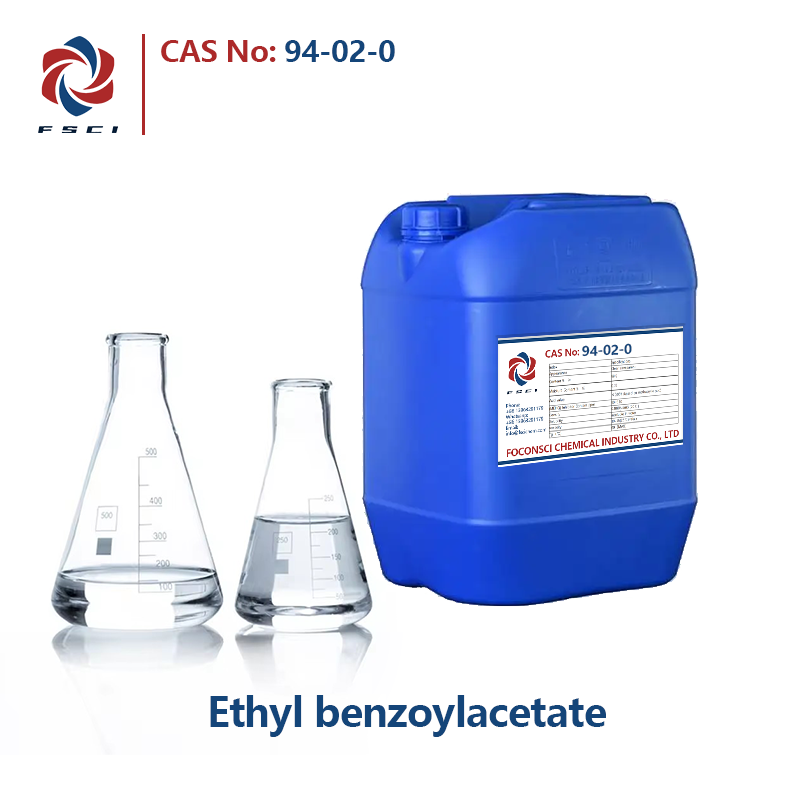N-Acetyl-L-cysteine CAS 616-91-1
Chemical name: N-Acetyl-L-cysteine
Synonymous names:(S)-ALPHA-AMINO-2-NAPHTHALENEPROPIONIC ACID;RARECHEM BK PT 0097;N-ACETYL-L-(+)-CYSTEINE
CAS No:616-91-1
Molecular formula:C5H9NO3S
Molecular weight:163.19
EINECS No:210-498-3
- Parameter
- Related products
- Inquiry
Structural formula:

Product Description:
|
Items |
Specifications |
|
Specific rotation |
21.3-27.0° |
|
Heavy metals |
Max 10ppm |
|
Loss on drying |
Max 0.50% |
|
Content |
Min 98.5 |
|
Melting point |
106-110℃ |
|
pH |
2.0-2.8 |
|
Appearance |
White crystals or crystalline powder |
Properties and Usage:
N-acetyl-L-cysteine is an acetylated derivative of cysteine. It has strong antioxidant, mucolytic and detoxifying functions and is commonly used in medicine, skin care, industry and scientific research.
1. Pharmaceutical field
Antioxidants:
NAC is an effective antioxidant that helps prevent and treat related diseases by increasing glutathione levels in the body and reducing oxidative stress caused by free radicals. It is especially effective in improving cell function and preventing cell damage.
Respiratory disease treatment:
NAC can effectively reduce the viscosity of sputum, dilute phlegm, and promote respiratory tract cleaning. It is widely used in patients with chronic bronchitis, chronic obstructive pulmonary disease (COPD) and other respiratory diseases to relieve symptoms of dyspnea.
Antidote:
NAC is a commonly used antidote in cases of acute acetaminophen (paracetamol) poisoning. It restores glutathione levels in the liver, helps reduce toxic damage from medications, and protects liver health.
2. Skin care
Anti-aging:
Because NAC has strong antioxidant capacity, it can delay skin aging, enhance skin elasticity, reduce skin damage caused by oxidative stress, and make the skin more energetic when used in skin care products.
Treat skin diseases:
NAC has also shown promise in research into some skin diseases. For example, it may help treat acne, reduce inflammation and oxidative stress, and improve skin condition.
3. Industrial and scientific research
Laboratory reagents:
In biochemical and medical research, NAC is used as a laboratory trial to study cellular oxidative stress and antioxidant mechanisms.
Protective agent:
In industrial applications, NAC is used as a protectant or stabilizer to prevent oxidation of chemicals, extending the shelf life of products and maintaining consistent performance.
4. Nutritional supplements
Nutritional supplements:
As an antioxidant, NAC is used in dietary supplements to help increase glutathione levels in the body, enhance immune function and antioxidant capacity..
Storage conditions: Store in a dark, dry and ventilated place, away from sunlight, oxidants and toxic substances
Packing: This product is packed in 25kg cardboard drums, and it can also be customized according to customers' requirements


 EN
EN
 AR
AR
 BG
BG
 HR
HR
 CS
CS
 DA
DA
 NL
NL
 FI
FI
 FR
FR
 DE
DE
 EL
EL
 HI
HI
 IT
IT
 JA
JA
 KO
KO
 NO
NO
 PL
PL
 PT
PT
 RO
RO
 RU
RU
 ES
ES
 SV
SV
 TL
TL
 IW
IW
 ID
ID
 LV
LV
 LT
LT
 SR
SR
 SK
SK
 VI
VI
 HU
HU
 TH
TH
 TR
TR
 GA
GA
 CY
CY
 KA
KA
 LA
LA
 MN
MN
 KK
KK
 LB
LB

